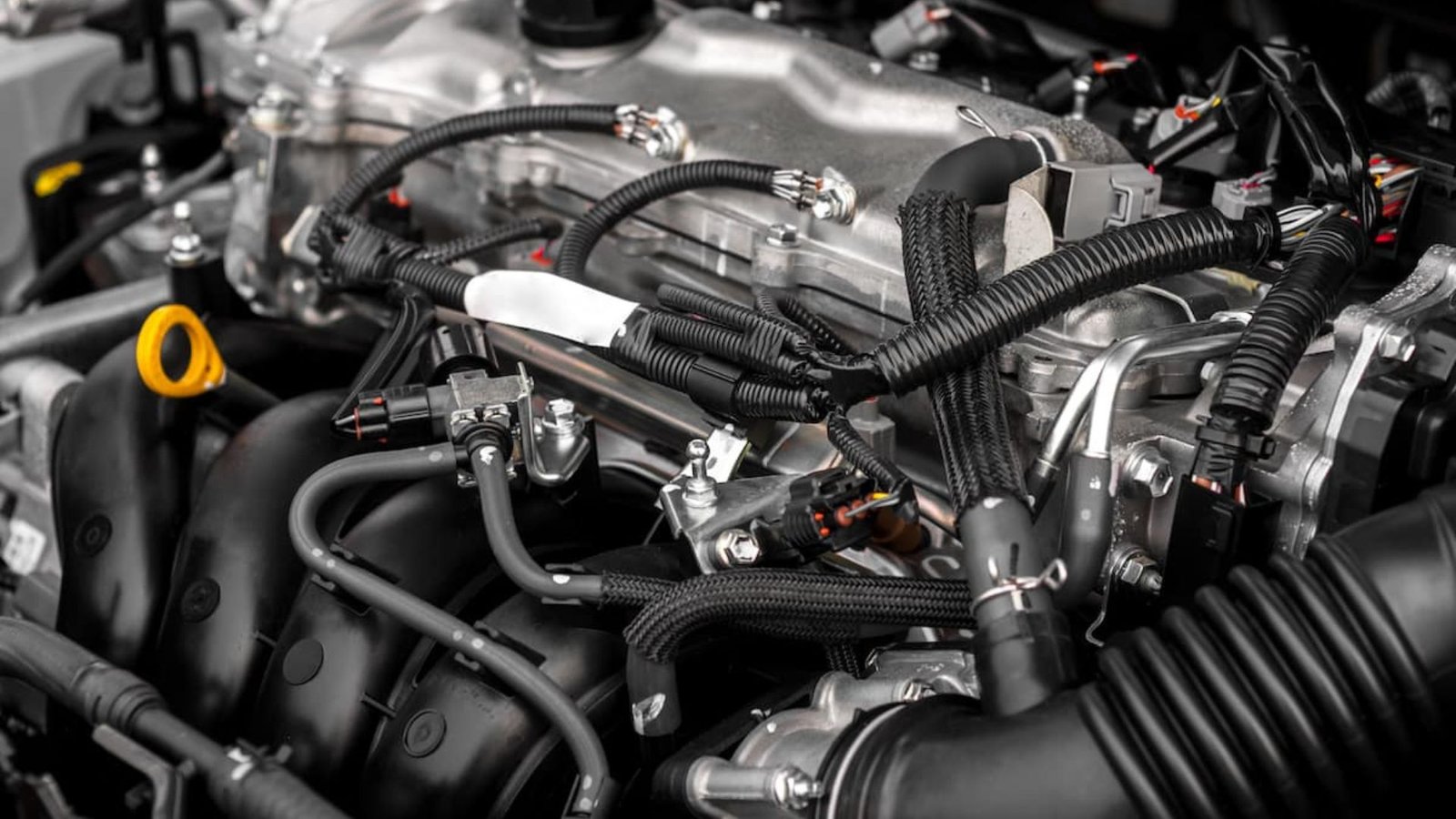Choosing the best engine for your car can make a significant difference in your vehicle’s performance and efficiency. Whether you’re upgrading your current engine or selecting a new one, several factors play a crucial role in making the right choice. Here’s a comprehensive guide to help you find the best engine for your car.
1. Determine Your Vehicle’s Requirements
Before you start shopping for an engine, it’s important to know what your vehicle needs. The best engine for your car will depend on the make, model, and intended use of your vehicle. For instance, a sports car might need a high-performance engine, while a daily driver might benefit from a fuel-efficient option.

2. Consider Engine Size and Type
Engine size, often measured in litres, affects both performance and fuel efficiency. Smaller engines are generally more fuel-efficient but might lack power. Larger engines provide more horsepower but can be less economical. Decide whether you need a small engine for better mileage or a larger one for more power.
3. Evaluate Engine Performance
Performance is a key factor in selecting the best engine for your car. Look at the engine’s horsepower (HP) and torque ratings. Higher horsepower means better acceleration and top speed, while higher torque improves the vehicle’s ability to handle loads and accelerate from a stop. Consider what performance features matter most for your driving style.
4. Check Fuel Efficiency
Fuel efficiency is another critical aspect to consider. An engine with better fuel economy will save you money in the long run. Compare the miles per gallon (MPG) ratings of different engines. If you do a lot of city driving, an engine with high city MPG might be more beneficial.
5. Assess Engine Compatibility
Ensure that the engine you choose is compatible with your car’s existing systems. Compatibility involves checking if the engine fits physically and integrates well with other components like the transmission and exhaust system. Verify compatibility with your vehicle’s manufacturer or consult a professional mechanic.
6. Look into Engine Reliability
Reliability is crucial when selecting the best engine for your car. Research the engine’s track record for reliability and longevity. Engines known for their durability will require fewer repairs and provide a smoother driving experience. Read reviews and check reliability ratings from trusted sources.
7. Consider Maintenance Costs
Different engines have varying maintenance needs. Some may require more frequent servicing or higher-quality parts. Consider the long-term maintenance costs when choosing an engine. An engine that requires less maintenance can save you time and money over its lifespan.
8. Evaluate Engine Technology
Modern engines come with various technologies designed to improve performance and efficiency. Look for features like turbocharging, variable valve timing, and direct fuel injection. These technologies can enhance your engine’s performance and fuel economy.
9. Think About Emissions
Environmental impact is an important consideration. Engines with lower emissions are better for the environment and may be required to meet local regulations. Check the engine’s emissions rating to ensure it aligns with your environmental values and legal requirements.
10. Factor in Cost
The cost of the engine itself is a major factor. Compare the prices of different engines and consider the overall value they offer. Remember that a more expensive engine may provide better performance or efficiency, but ensure it fits within your budget.
11. Explore Warranty Options
A good warranty can provide peace of mind. Check if the engine comes with a manufacturer’s warranty or if you can purchase an extended warranty. A strong warranty can protect you from potential defects or issues.
12. Consult with Professionals
If you’re unsure about which engine is the best for your car, consult with automotive professionals. Mechanics, automotive engineers, and car dealers can provide valuable insights and recommendations based on your vehicle’s specific needs and your driving habits.
13. Consider Upgrading Other Components
Sometimes, choosing the best engine for your car might also involve upgrading other components like the transmission or suspension. Ensure that the entire vehicle is balanced and that all parts work well together for optimal performance.
14. Review Engine Options from Reputable Brands
Reputable brands often offer engines with higher reliability and performance. Research engine options from well-known manufacturers and read customer reviews to gauge their quality and performance.
15. Test Drive
Finally, if possible, test drive the car with the new engine. This will give you a firsthand experience of how the engine performs under real driving conditions. It’s the best way to ensure that the engine meets your expectations and driving needs.
Conclusion
Choosing the best engine for your car involves considering various factors such as performance, fuel efficiency, compatibility, and cost. By evaluating these aspects carefully, you can make an informed decision that enhances your vehicle’s performance and meets your driving needs. Take your time to research and consult with professionals to ensure you get the engine that’s right for you.

